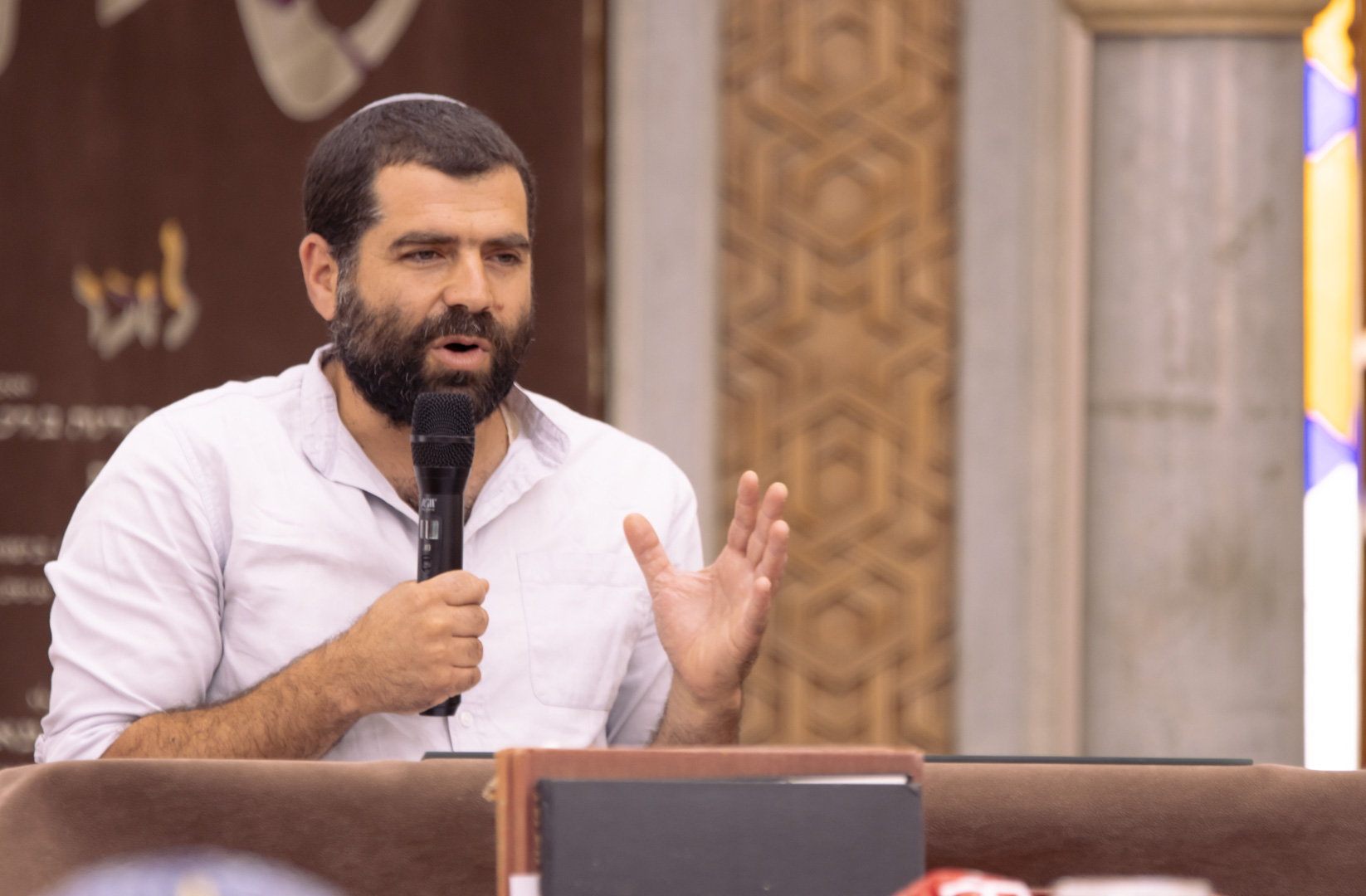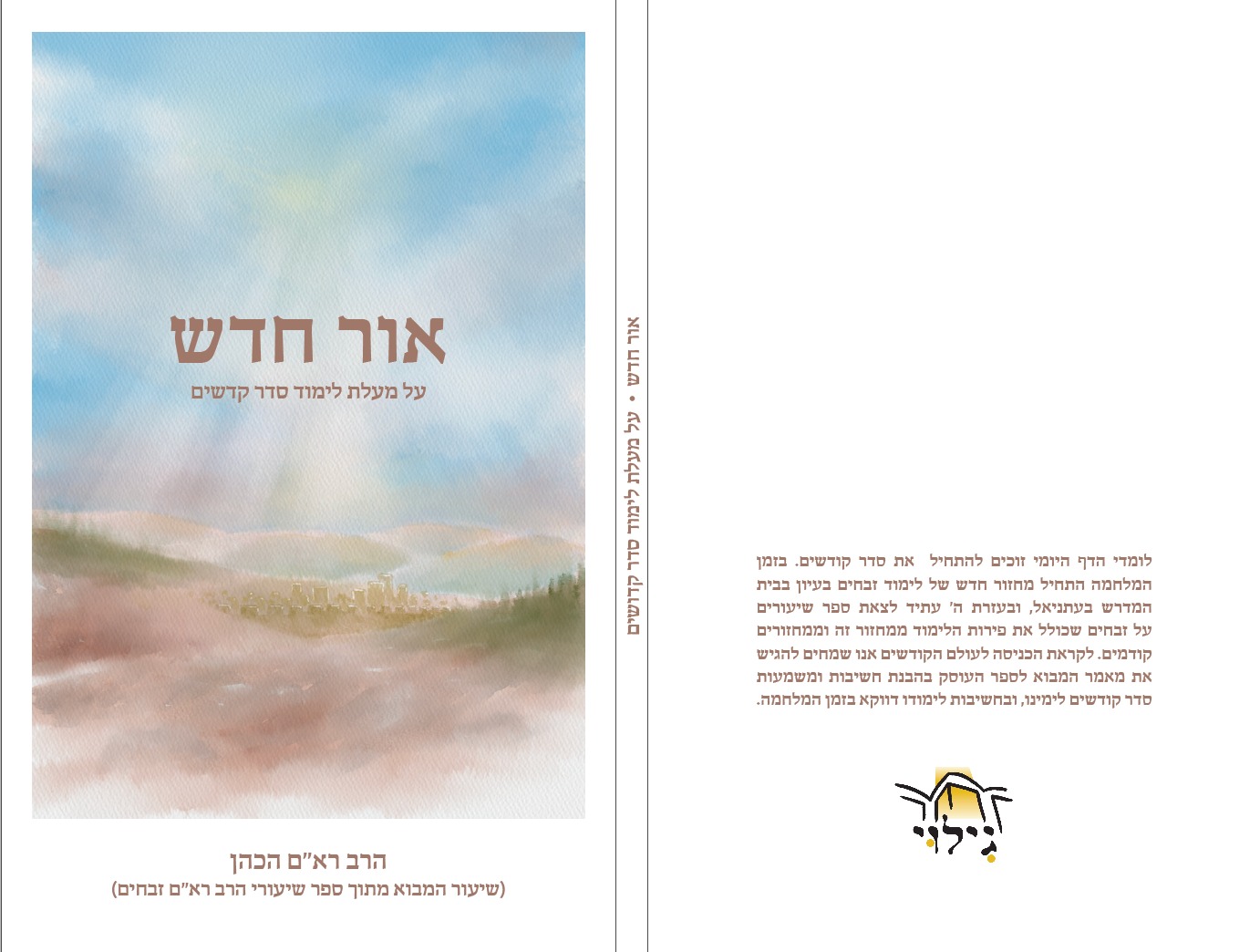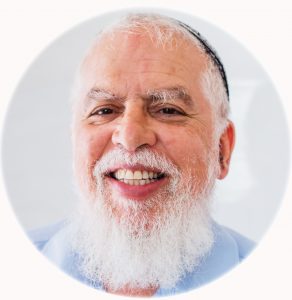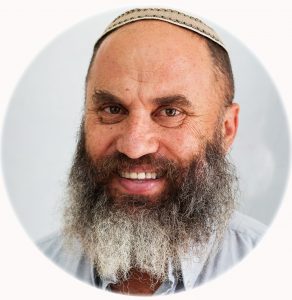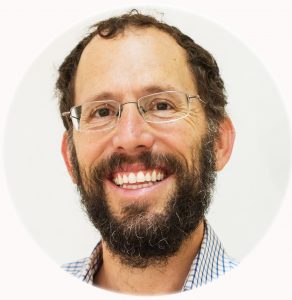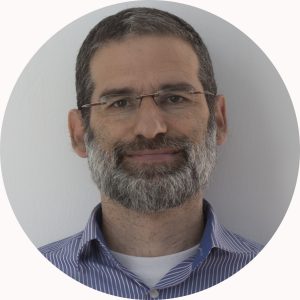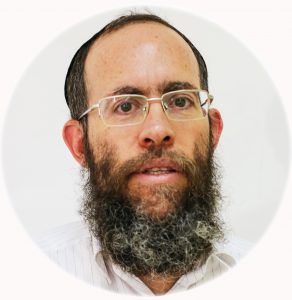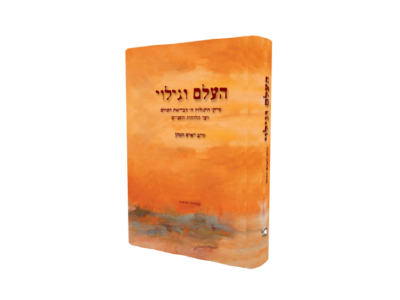נושאים
Translated by Netzach Sapir
In Parshat Matot, Bnei Yisrael leave the desert. Here, perched on the border of the Land of Israel, the inheritance of the tribes of Reuven and Gad, the chapter of the education of Am Yisrael comes to a close. Though there was much said about the sins of the nation during this period of wandering, it was also a time of growth and spiritual maturing. To this day people seeking new understanding undertake spiritual journeys to distant locations. Through looking at these modern-day journeys, such as the story of Rabbi David Zeller, we can gain insight into the journey the Israelites took long ago.
In Rabbi Zeller’s autobiography, The Soul of the Story, he tells at length of his experiences as a Sadhu, an Indian monk, living without possessions. The revelations that Zeller the Indian monk experiences deeply influence his life and his relationship with the divine. The process he undergoes in India ultimately draws him back to his Judaism, and in the end he becomes a rabbi in Israel. Zeller states that he searched far and wide just to find that the treasure he sought was in his own house the whole time.
The Significance of Food
Zeller describes a test he underwent as a Sadhu:
I would learn to trust that G-d would always provide… One day, while getting accustomed to this attitude, I ate at a temple where they fed us Sadhus a meal, and I put a few extra Chapatis in my bag, “just in case.” Later that day we were invited to a special religious feast where there was more delicious food than I could possibly consume. There had been no need to stash the extra food. There was only a need to trust in G-d’s providence. [1]
While wandering in the desert, the people of Israel learned this lesson every day anew, “And Hashem said to Moshe, ‘Behold I will make bread rain down from the sky, and the people will go out and collect it each day, according to their need for that day, in order for me to test them, if they will follow my law or not’” (Shmot 16:4). Hashem commands the people of Israel to collect only what they need for each day, and no more. The Torah tells us that those who failed the divine test and attempted to store up food for later not only incited Moshe’s wrath, but found that the extra food they hoarded had spoiled and was full of bugs (Ibid. 20). What is the purpose of this test? In the verse it says in order to see if the people will “follow my law or not,” but later, at the conclusion of the forty years in the desert, we see that there is an additional lesson to be learned from it: “And he afflicted you, and he made you hungry, and then he fed you the Manna, which neither you nor your ancestors had known, in order to teach you that it is not by bread alone that Man lives, but by all that comes out of G-d’s mouth” (Devarim 8:3).
Zeller tells about another experience he had relating to food:
Another time, Sri Pad sent me on an unusual lesson about being detached from food. He had seen me look longingly toward a passing wagon that was loaded with delicious bowling-ball size clumps of brown sugar, called gur. ”Oh,” he said, “would you like some gur? I’ll send you to where they make it, and you can have as much you want!” … [By the end] I felt sick to my stomach, overdosed on sugar in every form it can come in. I had lost a lot of my things over the weeks in the Vrindavan. That day I lost my appetite for brown sugar – gur.[2]
This too is an experience that Am Yisrael underwent in the desert. Later in their journey they get a craving for meat. Similar to Zeller’s experience, G-d decides to respond by sending them meat “until it comes out of their nostrils” (Bamidbar 11:20).
Who’s the Leader?
Zeller tells about one night which marked a turning point in his approach to life:
Late one night, and early in my initiation into Sadhu life, Sri Pad (my spiritual teacher) announced to a few of us we had leave right away… Sri Pad started walking. It was so dark that I could hardly see a step ahead of me. Walking barefoot during the day is hard enough. But at night? Forget it! It was impossible. I tried my best to pierce through the dark, straining my eyes to see sharp rocks or thorns. I would spot one – or at least what I thought was one – and step over it, only to land directly on a real one, and it really hurt. Or, I would make out the dark round shape of a cow “patty.” I stepped over what turned out to be a shadow, and stepped into the real thing! If that wasn’t bad enough, all my tension and fear gathered into my ankles which started swelling from the stress. And my footsteps were getting heavier and coming down harder. I wasn’t going to last much longer, this was the night I learned to pray. “Please G-d, help me! I can’t see where I’m going. Please make him (Sri Pad) stop for the night.” As if G-d were answering me, I realized that this was no different from walking through life in what I think is clear broad daylight. I think that I see something coming up ahead, and make various moves to avoid it, and invariably, I walk smack into the very thing I’m trying so hard to avoid. I can no more control and determine the things happening in my life than I control and determine where to place my next step in the dark… I understood that I need to let go of my desire to control, predict, and direct my life, and even to control my next step in the dark. I needed to turn over the reins to G-d… Instead of looking down, I looked ahead or up. My ankles relaxed and my step lightened. I let my feet do the walking, this time at a slow, more natural, more graceful pace.[3]
The story is amazing in its honesty and directness, and hints to the end of his journey, which would still take him to places about which he had never dreamed.
The Torah says that Bnei Yisrael would travel according to the word of Hashem and “according to the word of Hashem they would stop” (Bamidbar 9:18). From David Zeller’s conclusion, we can see how this verse is actually an essential spiritual foundation. Just as the Manna teaches that Man lives “by all that comes out of G-d’s mouth,” the journeys in the desert teach us that all the motions of Man, whether his movement or his stops, are “according to G-d.”
These stories show us the unique lifestyle that the desert provided Am Yisrael, on the eve of their entrance into the Land, in the forming of their identity. Today, most of us don’t live under the shadow of the Shechina’s wings in the desert, nor do we frequent the ashrams of India, but the stories which we study, learn and discuss can direct us to internalize the insights and lessons they carry, to reject complacency and self-satisfaction, and to continue to strive for growth on our personal spiritual journeys.







